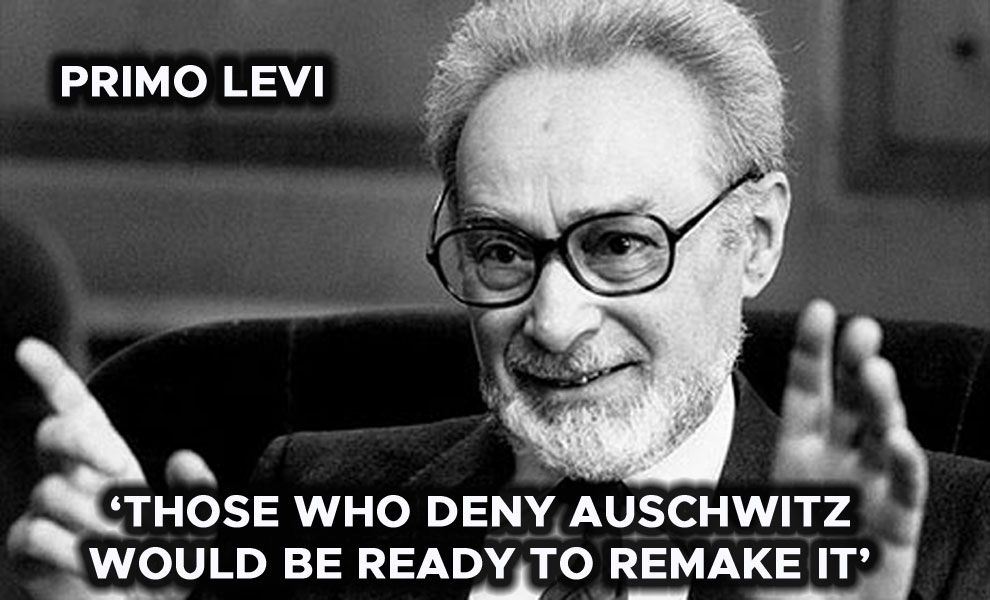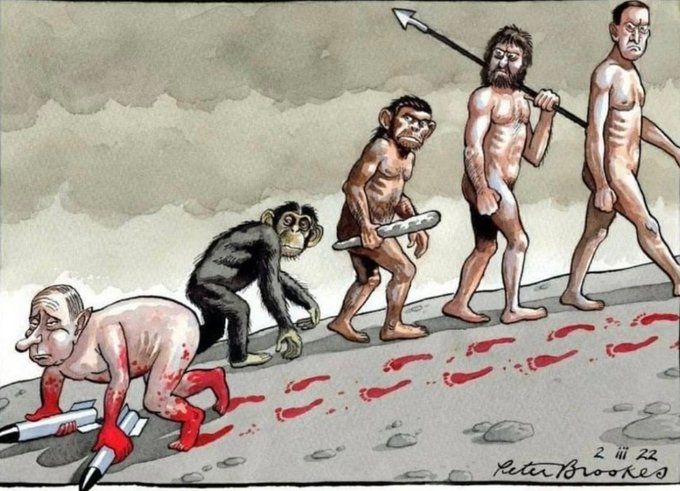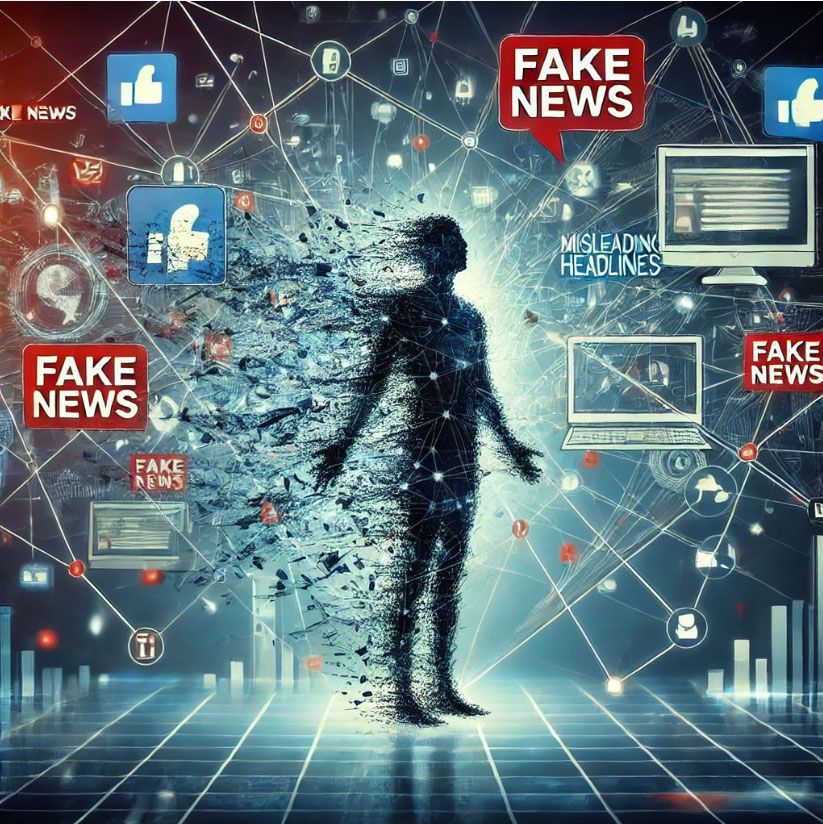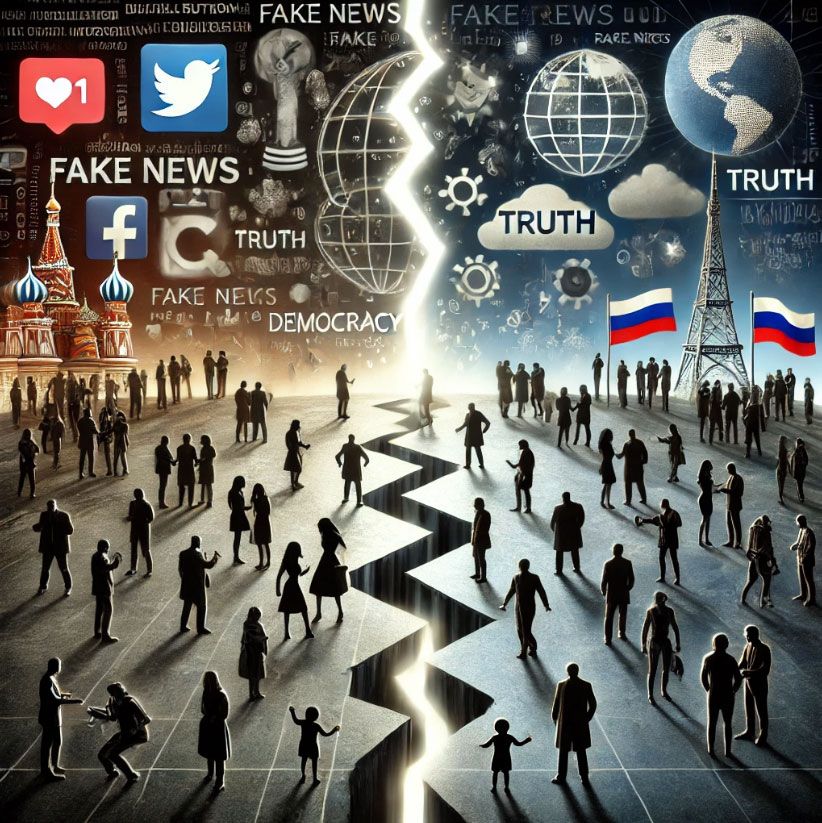Authoritarianism may not always appear as a distant threat but can quietly infiltrate our daily lives—from the information we see on social media to the policies that subtly erode our rights—shaping the media we consume, the freedoms we take for granted, and the very fabric of our societies.
From the information we see on social media to the policies that subtly erode our rights, authoritarian tactics shape our lives in ways many may not even notice.
Understanding how these forces operate is essential for recognizing how they impact us personally, even when they remain hidden in plain sight.
I. Ancient and Classical Authoritarianism
In ancient societies, authoritarian rule was overt and omnipresent. Pharaohs in Ancient Egypt, deified and unchallenged, ruled with absolute power over life and death (History.com).
Roman emperors like Nero and Caligula deployed terror and spectacle to maintain control, normalizing brutality and silencing opposition (World History Encyclopedia).
These regimes did more than govern—they shaped how people thought, behaved, and related to power, creating a legacy of unquestioned authority that echoes in modern times.
II. Medieval and Early Modern Despotism
Authoritarian rule in the medieval era infiltrated both political and personal life. The Catholic Church's Inquisition targeted individuals who dared question doctrine, while monarchs like Louis XIV claimed divine right to suppress dissent (Britannica).
Fear became a tool of control, forcing people to conform not just outwardly but inwardly, as questioning authority could mean social exclusion or death.
This climate of fear and enforced conformity set the stage for modern mechanisms of social control.
III. Ideological Precursors to Fascism
The 19th century saw the rise of imperialist and nationalist ideologies that justified oppression and exploitation. European colonial powers institutionalized racial hierarchies and authoritarian rule over colonized peoples (Stanford Encyclopedia of Philosophy).
These ideologies normalized control and division, planting seeds that would grow into the mass manipulation of the 20th century.
Propaganda was used to justify imperial expansion, exploiting economic anxieties and national pride to silence opposition and rally public support.
IV. The Rise of 20th-Century Fascism
Fascism in the 20th century exploited economic despair and social fragmentation to seize power. Mussolini's Italy and Hitler's Germany institutionalized ultranationalism, militarism, and violent repression (Encyclopedia Britannica; United States Holocaust Memorial Museum).
The propaganda machines of these regimes created false realities, conditioning entire populations to accept persecution and war—a chilling reminder of how easily societies can be manipulated.
The Holocaust and World War II demonstrated the devastating impact of unchecked authoritarianism on humanity.
V. Contemporary Variants of Authoritarianism
Today, authoritarianism often wears a democratic mask. Leaders in Russia, Turkey, and Hungary erode freedoms under the guise of legal reforms (Freedom House).
In China, mass surveillance and the social credit system silently dictate behavior (The Guardian).
Populist movements in Western democracies use divisive rhetoric and misinformation to fracture societies, subtly shifting the boundaries of acceptable discourse.
Social media algorithms amplify extreme voices, creating echo chambers that deepen divisions and fuel mistrust. In the COVID-19 pandemic, misinformation campaigns undermined public health responses, illustrating how dangerous false narratives can be in shaping critical decisions.
VI. Russia's Covert Sabotage and Global Destabilization
Russia's strategy of destabilizing democracies dates back to 1924 with Soviet "active measures," designed to fracture Western societies from within (Wilson Center).
Today, cyberattacks, social media manipulation, and election interference have become tools of psychological warfare (Brookings Institution).
These tactics are designed to erode trust, deepen divisions, and manipulate perceptions, affecting how we interact online, whom we trust, and how we vote. Russia's influence campaigns undermine the core institutions of our societies, positioning itself as an adversary to democratic values and global stability.
This is not just geopolitics—it is a direct attack on our shared reality and individual autonomy.
VII. Recognizing and Resisting Modern Authoritarianism
Authoritarianism thrives on division, fear, and silence. It suppresses dissent, scapegoats vulnerable groups, and consolidates power during times of crisis.
Recognizing these tactics in our own communities is vital. From disinformation campaigns to subtle policy shifts, authoritarian influences are shaping our perceptions and choices daily.
We must actively defend democratic principles by supporting independent journalism, verifying information sources, participating in local governance, and educating others about authoritarian tactics.
Awareness alone is not enough—we must take action.
Conclusion
Primo Levi's warning is not confined to history—it echoes in our present. Authoritarianism evolves, exploiting societal vulnerabilities and weaving itself into everyday life. Staying alert to the gradual erosion of our freedoms is essential for preserving democracy.
If we remain passive, we risk becoming complicit in our own silencing. Vigilance, critical thought, and the defense of democratic principles are not optional—they are necessary for preserving the open, just societies we strive to uphold.
The responsibility to safeguard democracy belongs to all of us.
Support press freedom, engage in civic action, and remain informed—because the defense of democracy begins with each of us.















